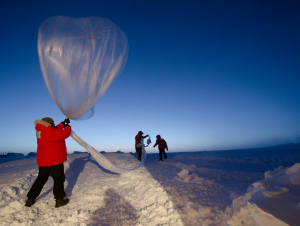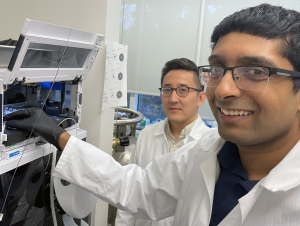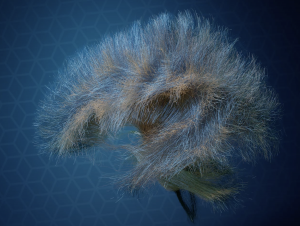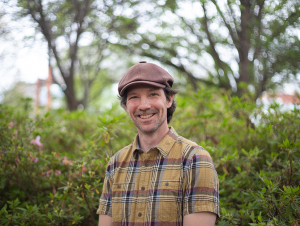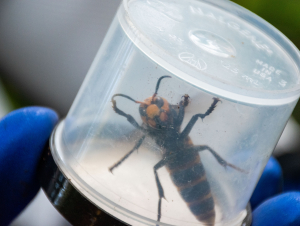To request a media interview, please reach out to experts using the faculty directories for each of our six schools, or contact Jess Hunt-Ralston, College of Sciences communications director. A list of faculty experts is also available to journalists upon request.
News Center
Experts In The News
David Hu, professor in the Schools of Biological Sciences and Mechanical Engineering, drew on ant behavior in his commentary of a study that examined towering behavior in nematodes.
Ants, which assemble to form buoyant rafts to survive floodwaters, are among the few creatures known to team up like nematodes, said Hu.
“Ants are incredibly sacrificial for one another, and they do not generally fight within the colony,” Hu said. “That’s because of their genetics. They all come from the same queen, so they are like siblings.”
Notably, there has been a lot of interest in studying cooperative animal behaviors among the robotics community, Hu said. It’s possible that one day, he added, information about the complex sociality of creatures like nematodes could be used to inform how technology, such as computer servers or drone systems, communicates.
CNN June 5, 2025Three years after the Kashlan triplets graduated from Georgia Tech together at 18 years old with B.S. in Neuroscience degrees, they are now entering medical school.
Zane, Rommi and Adam Kashlan spoke with 11Alive on Friday, giving an update on what's next after sharing the graduation stage in high school as valedictorians and earning neuroscience degrees with minors in health and medical sciences in college.
11 Alive May 31, 2025
